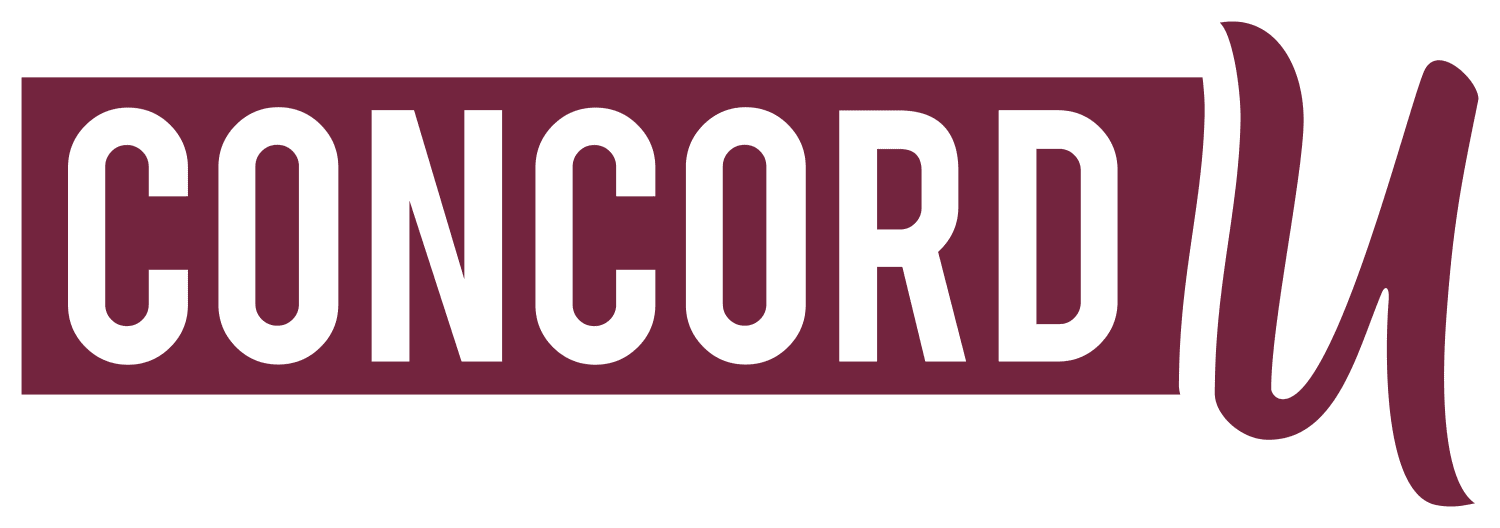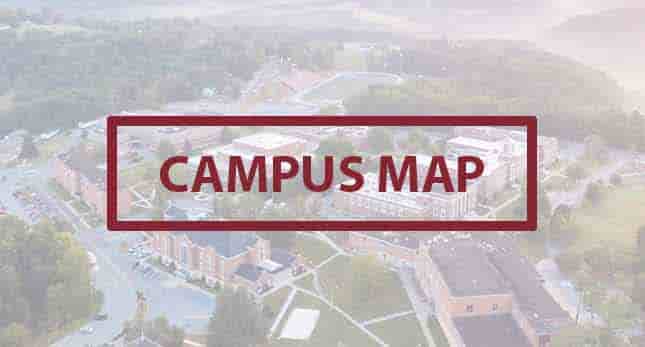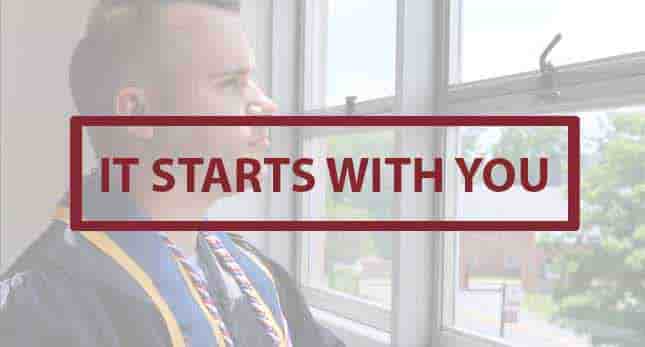Depending on a student’s financial need, their Federal Direct loan subsidized and unsubsidized could be a combination of both subsidized and unsubsidized. The Federal Stafford loan is a low-cost, fixed-rate federal student loan available to graduate and professional school students, not just undergraduate students. Federal Stafford loans are the most common – and among the lowest-cost – way to pay for graduate and professional school. As of July 1, 2012, only unsubsidized Federal Stafford loans are available to graduate students. Listed below are some benefits of the Federal Stafford Loan for Graduate and Professional Students:Student Loans
Grade Level
Dependent Students
(Subsidized and Unsubsidized)Independent Students or
Dependents with Plus Denials
(Subsidized and Unsubsidized)
Freshman
(0-29 Earned Credits)$3,500 (sub)+ $2,000 (unsub)
$3,500 (sub)+ $6,000 (unsub)
Sophomore
(30-59 Earned Credits)$4,500 (sub)+ $2,000 (unsub)
$4,500 (sub)+ $6,000 (unsub)
Junior
(60-89 Earned Credits)$5,500 (sub)+ $2,000 (unsub)
$5,500 (sub)+ $7,000 (unsub)
Senior
(89+
Earned Credits)$5,500 (sub)+ $2,000 (unsub)
$5,500 (sub)+ $7,000 (unsub)
Aggregate Limits
Undergraduate Subsidized Limit $23,000
Undergraduate Dependent Combined Limit (subsidized and unsubsidized) $31,000Undergraduate Subsidized Limit $23,000
Undergraduate Independent Combined Limit (subsidized and unsubsidized) $57,500Graduate and Professional Students
Student LoansBayleigh Meadows2023-04-26T10:36:48-04:00


